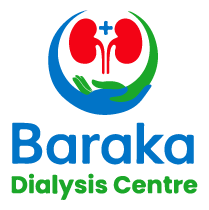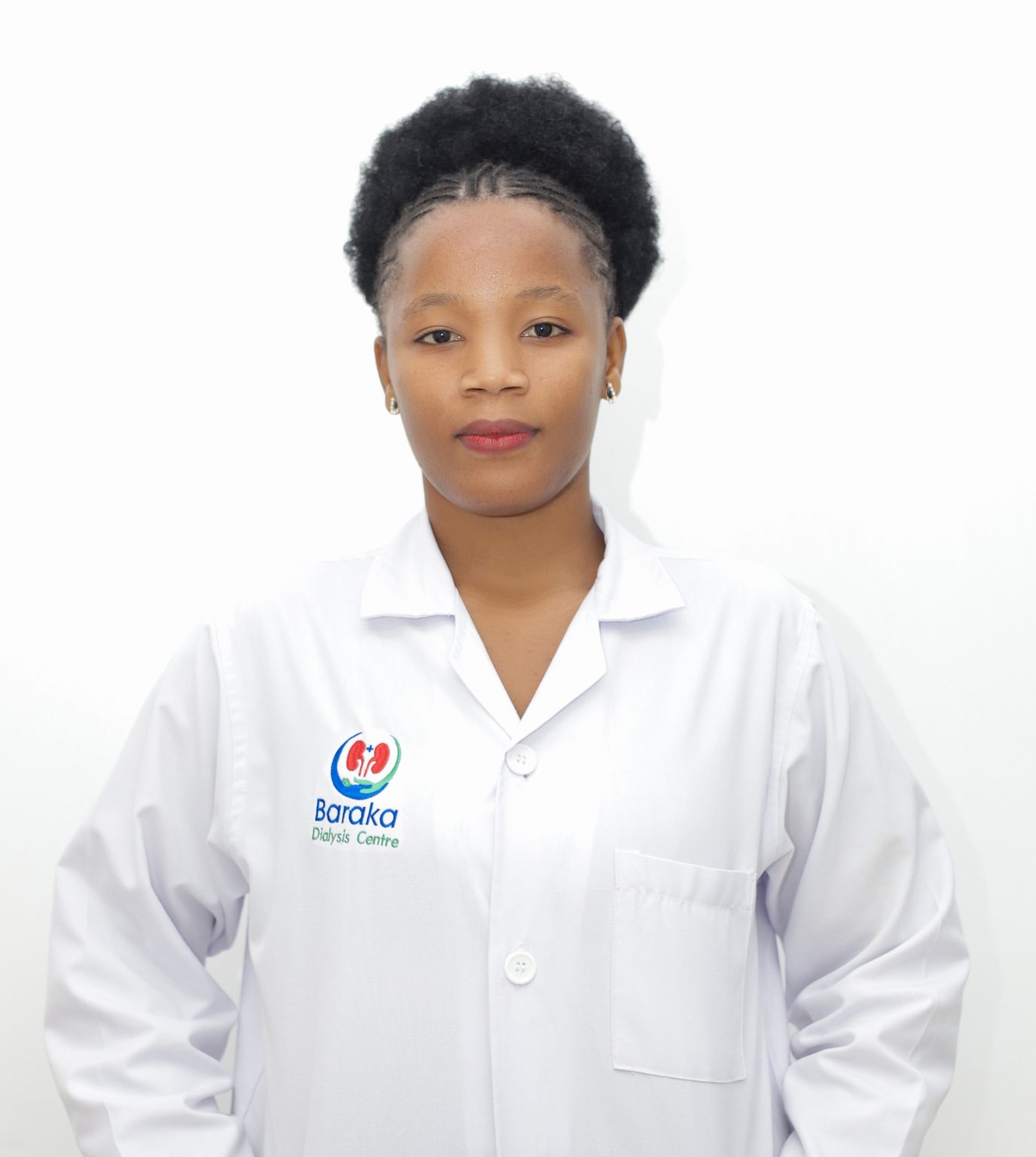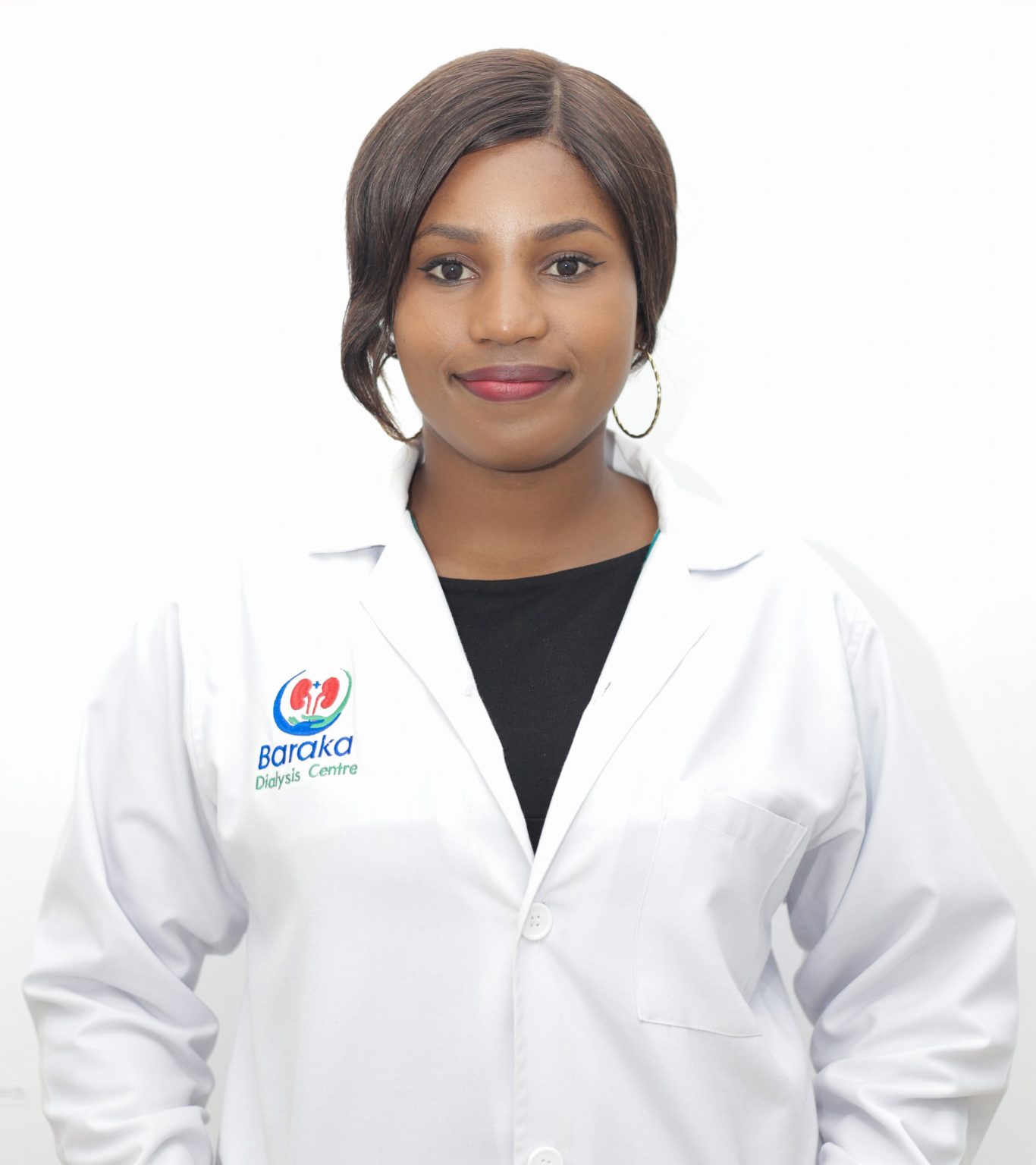Hemodialysis is the procedure used to correct fluid and electrolyte imbalances and to remove waste products in renal failure. Your kidneys are in charge of filtering wastes out of your blood. But, if your kidneys don't work as well as they should, you may need a procedure called dialysis, a process that removes wastes in place of your kidneys .
Your kidneys have several important jobs. The kidneys are powerful chemical factories that perform the following functions:
- 1. Remove waste products from the body.
- 2. Remove drugs from the body.
- 3. Balance the body's fluids.
- 4. Release hormones that regulate blood pressure.
- 5. Produce an active form of vitamin D that promotes strong, healthy bones.
If you've had kidney disease for many years, or your kidneys have suddenly failed because of disease or injury, your doctor may recommend that you have dialysis, a treatment that replaces some of what the kidneys do, removing waste and excess fluid from your blood. Dialysis can also be used as a holding treatment while awaiting a kidney transplant. Here's how dialysis works. First, your doctor will need to create an access to reach your blood vessels. If you need dialysis only for a short period of time, that access will be made using a hollow tube, called a catheter. Usually the catheter is placed into a large vein in your neck, chest, or leg near your groin. If you're having dialysis for a longer period of time, you'll need a more permanent access. To create this access, your doctor will connect one of your arteries to one of your veins. Then whenever you have dialysis, a needle is simply placed into this access area. During each dialysis session, your blood is removed from your body through the needle. It's sent across a special filter, which removes harmful substances from your blood. Then, your clean blood is sent back into your body. Often, you'll visit a special center for dialysis about three times a week. Each session lasts three to four hours.
What to Expect BEFORE A DIALYSIS SESSION
Today the hospital is recognised as a world renowned institution, not only providing outstanding care and treatment, but improving the outcomes for all through a comprehensive medical research. For over 20 years, our hospital has touched lives of millions of people, and provide care and treatment for the sickest in our community including rehabilitation and aged care.
- It is of paramount importance not to miss or skip any dialysis sessions. Once you arrive at the center, trained health care providers will take charge of you. You will have about 3 treatments a week. Treatment takes about 3 to 4 hours each time.
- • Your provider will check your blood pressure, temperature, breathing, heart rate, and pulse. As well as general condition and ask you several question following your previous dialysis
- • Needles will be placed in your access area to allow blood to flow in and out. This may be uncomfortable at first. A nurse may apply a cream to numb the area.
- • The needles are attached to a tube that connects to the dialysis machine. Your blood will flow through the tube, into the filter, and back into your body.
- • The same site is used every time, and over time, a small tunnel will form in the skin. This is called a buttonhole, and it is like the hole that forms in a pierced ear. Once this forms, you will not notice the needles as much.
- • Your session will last 3 to 4 hours. During this time your provider will monitor your blood pressure and the dialysis machine.
- • During treatment, you can read, use a laptop, nap, watch TV, or chat with providers and other dialysis patients.
- • Once your session is over, your provider will remove the needles and put a dressing on your access area.
- • You will probably feel tired after your sessions. Relax this is pretty normal
During your first sessions, you may have some nausea, cramping, dizziness, and headaches. This may go away after a few sessions, but be sure to tell doctor if you feel unwell. Your nephrologist may be able to adjust your treatment to help you feel more comfortable.
After each session you will receive further instruction on diet, wellbeing, complication symptoms etc
Commonly the length of dialysis sessions depends on:
- • How well your kidneys work
- • How much waste needs to be removed
- • How much water weight you have gained
- • Your size
- • The type of dialysis machined used
When to Call Your Doctor
It is advised that call your doctor as soon as possible when the following is observed
- Bleeding from your vascular access site
- • Signs of infection, such as redness, swelling, soreness, pain, warmth, or pus around the site
- • A fever over 100.5°F (38.0°C)
- • The arm where your catheter is placed swells and the hand on that side feels cold
- • Your hand gets cold, numb, or weak
Also, call your provider if any of the following symptoms are severe or last more than 2 days:
- • Itching
- • Trouble sleeping
- • Diarrhea or constipation
- • Nausea and vomiting
- • Drowsiness, confusion, or problems concentrating
Our Team

Dr.Versus K. Mboneko
Nephrologist

Dr. Hawa
General Practitioner

Mohammad Abdullah
Dialysis Technician

Happiness E. Missay
Lab Technologist

Constancia C. Mutabuzi
Pharmacist
